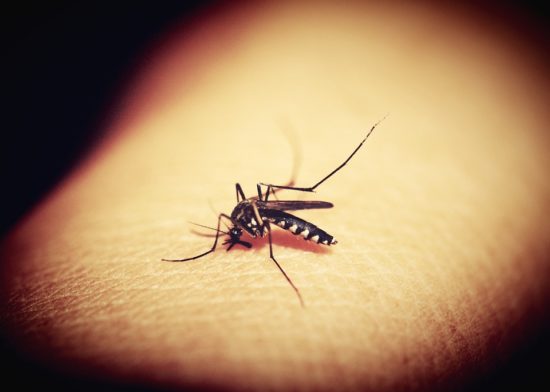A field test for malaria resistance
An arms race between pharmacologists and malaria parasites has been going on since the mid-19th century, when widespread use of quinine began. Few better illustrations of natural selection exist than the repeated emergence of resistance to such drugs. Even artemisinin, the most recent addition to the arsenal, has already provoked an evolutionary pushback.
At the moment, working out which drugs, if any, a particular case of malaria is resistant to means sending a sample to a laboratory for a pcr test. But malaria is most often a problem in poor countries, where such laboratories are scarce, and so is money to pay for tests and to maintain the machines needed to conduct them. A better way for doctors and paramedics in the field to be able to tell, for a particular patient, which drugs the infection is resistant to would thus be welcome.
AMR NEWS
Your Biweekly Source for Global AMR Insights!
Stay informed with the essential newsletter that brings together all the latest One Health news on antimicrobial resistance. Delivered straight to your inbox every two weeks, AMR NEWS provides a curated selection of international insights, key publications, and the latest updates in the fight against AMR.
Don’t miss out on staying ahead in the global AMR movement—subscribe now!







